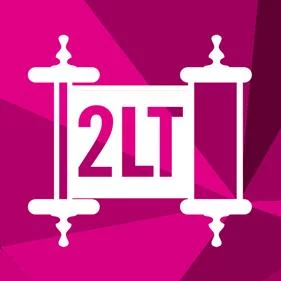Two-Line Torah: Balak 5777—Good guys and bad guys

In this week’s Torah portion, Balak (for whom the portion is named) King of Moab hires a non-Jewish prophet to curse the Israelites, as he is both terrified and disgusted by them. At first Balaam, the prophet, agrees: money is money plus if Balak says the Israelites are the bad guys, then they probably deserve his curse. But as the story goes on we slowly see that Baalam is unable to curse the Israelites no matter how hard he tries: God speaks to him, a talking donkey accompanied by an angel gets in his way, and eventually, as he looks upon the Israelite encampment, all he can do is bless them with the famous words “Ma tovu ohalecha Ya’akov, mishkenotecha Yisrael.” (“How goodly are your tents oh Jacob, your dwelling places oh Israel.”) After this moving blessing we witness a more troubling scene: Israelites seduced by Moabite and Midianite gods and women, and one particularly public pair struck through the gut by a sword wielded by Pinchas the priest.
In this episode, we see how a quest to label one community as bad, fed by fear and disgust, fails massively. But then we see that the blessed community doesn’t have it all together either – chaos ensues as the Israelites prove to be easily tempted, not to mention violent. Perhaps there are no clear cut good guys and bad guys? On college campuses today, everyone is trying to label the other as wrong. Fear often leads to disgust, and suddenly we realize that many of our students only have relationships with peers who look and think like them. While at times our mandate is to comfort our students through their fear and help them find like-minded peers, we also cannot forget that learning to live in the gray spaces is also core to the college experience. Cursing those with whom we disagree is rarely the answer, and violence is never the right response to fear or disgust- rather we need to model engagement with a wide range of people and ideas while also holding strong to the values that are most central to us. For it is only in this dance between openness and steadfast commitment to what we believe in that we merit Baalam’s blessing of our goodly and awesome dwelling places.
Rabbi Megan GoldMarche is the rabbi at Silverstein Base Hillel in Lincoln Park and campus rabbi of Metro Chicago Hillel.